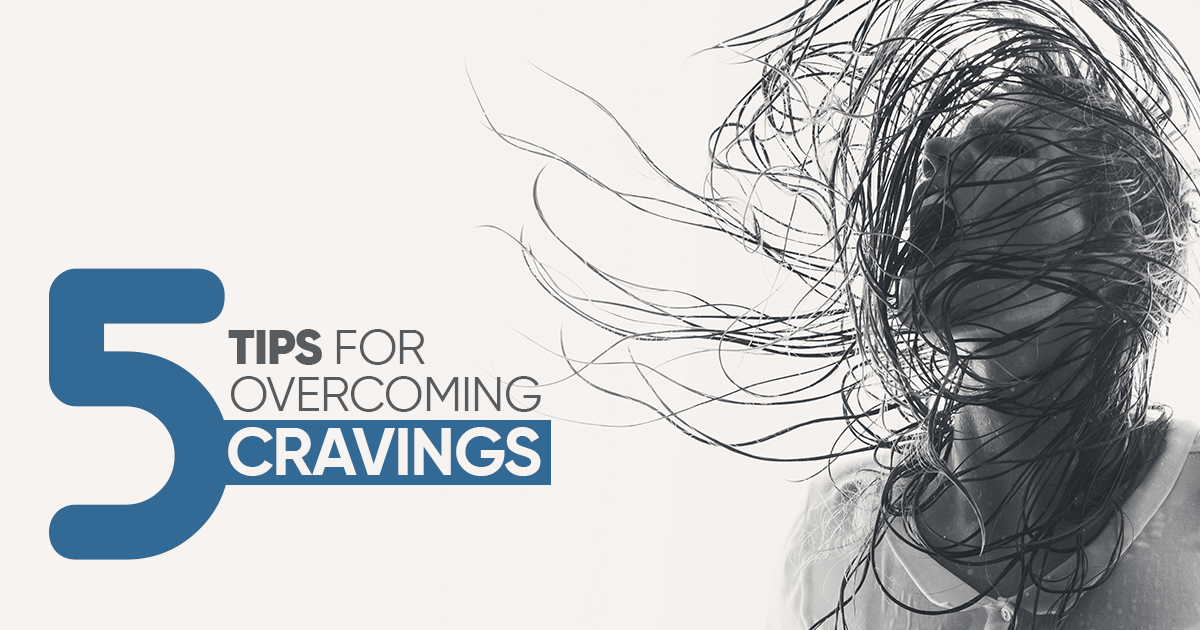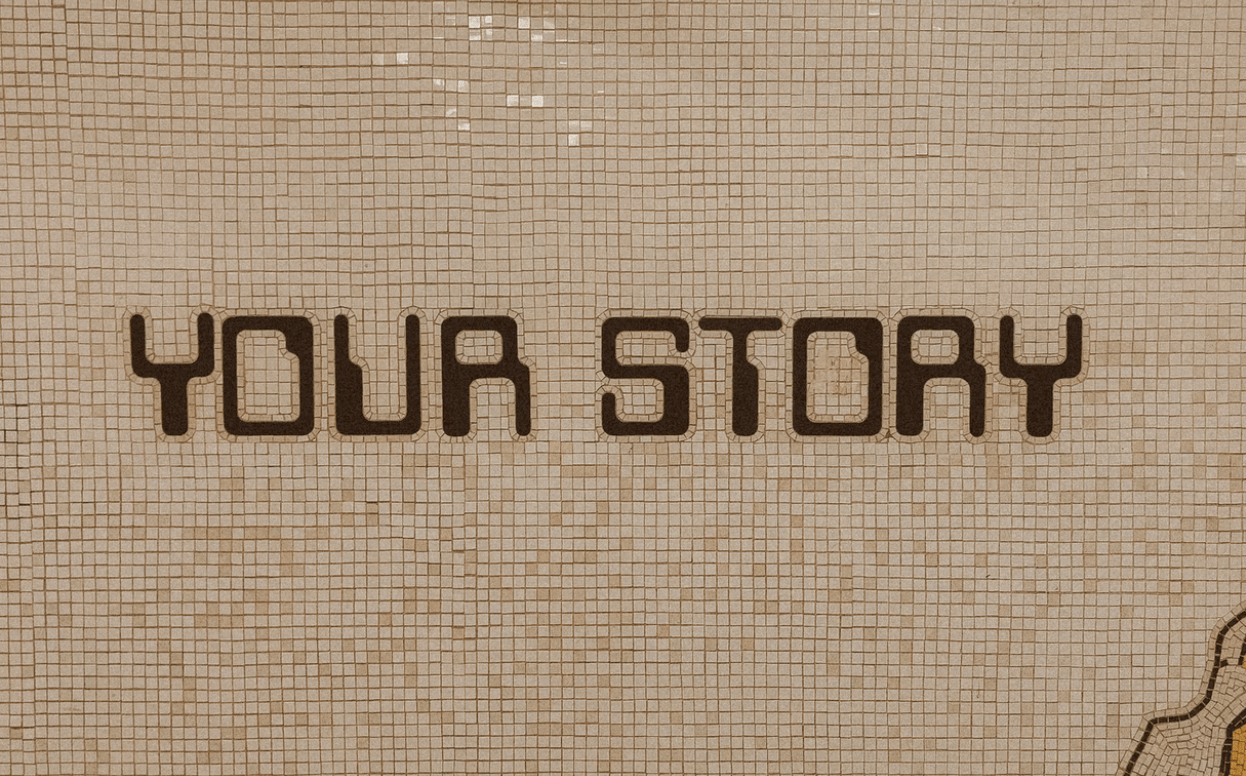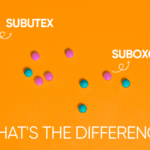
Drug cravings are one of the most difficult parts of addiction recovery. What’s important to realize is that they are normal when you have a substance use disorder. Having cravings, even after a lengthy period of sobriety, doesn’t mean something is wrong with you. All you need to do is get help overcoming drug cravings.
If you experience a strong desire for drugs or alcohol, you can work to change your addictive thinking patterns.
Many people find that narrative therapy techniques help them lower relapse rates.
Understanding Drug Cravings
Cravings for drugs or alcohol can occur when you’re in active addiction. During this time, you’ll often lie to yourself, and you’ll perpetuate cycles of addictive thinking to justify giving in to those cravings. For example, you might blame situations around you for why you have to give in to a craving for drugs of abuse.
Addictive thinking can also be rooted in a victimhood mentality. When you have the mindset of a victim, you believe that you are a victim of your circumstances. Therefore you have to keep using drugs.
- The concept of addiction to drugs or alcohol is rooted in our narratives. Our life experiences lead us to build our narratives and personalize every experience.
- If you’ve experienced trauma, this could form the basis of your personal narrative. Then, when you use drugs or alcohol, you are convincing yourself that it’s the result of your narrative.
- You may feel out of control and guided by your experiences and your addictive thinking stemming from the narrative you create.
All of these things fuel the likelihood of giving in to your cravings.
When you’re in recovery for months or even years, you might find yourself back in these addictive thinking patterns that follow the narrative you’ve set for yourself.
- Everyone has stories they tell themselves about their lives, whether positive or negative.
- These narratives shape how we view ourselves.
- If enough of your stories are negative, it can lead to substance abuse and depression, and other mental health disorders.
It’s also important to note that physical dependence can lead to cravings. This happens as you’re going through withdrawal symptoms from addictive drugs or alcohol. Withdrawal occurs early on in your drug addiction treatment program for opioid use disorder, alcohol addiction, or an addiction to illegal drugs.
An effective treatment program will provide a medical detox as you go through withdrawal from the effects of drugs. Medication-assisted treatments can help you manage the physical cravings immediately following drug misuse.
Withdrawal symptoms are different from the psychologically intense cravings you might feel during the recovery process, which we talk more about below.
How Does Narrative Therapy Help Addictive Disorders?
Narrative therapy is a way to take a non-blaming approach to counseling and addiction treatment. You are the expert in your own life. You work with a therapist to help separate you as a person from your problems.
In narrative therapy, you work under the assumption that you have many values, beliefs, skills, and abilities that you can rely on to reduce the effects of the problems in your life.
- When you participate in this therapeutic intervention, you can remove labels from yourself, such as “addict.”
- You can also learn how to recognize the negativity shaping your behaviors and leading to patterns of self-destruction.
- This form of therapy is different from other types of talk therapy because you and your therapist collaborate and work together to foster positive outcomes.
- If you’re struggling with addiction or mental disorders, you start to understand that while you may use drugs or alcohol, you are not defined by substance use.
- You separate yourself and create space from the problem to manage them in a detached way.
- Your goal is to rewrite your story positively and take charge to develop healthy behaviors and mindsets.
You can form a new sense of meaning in your life when you’re the author of your story.
Particular therapeutic techniques that may be used include:
- A counselor is respectfully curious. They are giving the power to the client because they are rewriting the story.
- Counselors will use questions to externalize issues and help their clients explore different viewpoints or interpretations.
- The counselor encourages the client to open up and share their beliefs and views.
- The client works towards shifting their view of their problems as not a part of them but something affecting them, which means they’re externalizing it.

How Can Narrative Therapy Help You Overcome Drug Cravings?
There are specific ways that you can borrow from this form of therapy to overcome drug cravings. Below are five tips for overcoming drug cravings by externalizing the problem and shifting the narrative.
Change Your Focus
If you’re at a point where you’re feeling a craving for drugs or alcohol, it’s easy to get pulled back into negative, addictive thinking. You might start to feel like a failure, which can quickly become your identity.
Rather than letting this take hold, change your focus.
Take the moment you’re in to create a preferred storyline. You aren’t weak for experiencing a craving. You’re strong because you’re taking steps to make a change.
Externalize the “Voice” of Cravings
If you feel the tug of a craving beginning to blossom, start to externalize it. The craving is an external voice. It’s not a defining feature of who you are. Consider the scenario leading up to the thoughts, what the thoughts said to you, and whether or not the voice of cravings always sounds the same.
When you personify the voice of cravings, you’re then externalizing the problem and creating space between it and you.
Think About Times You’ve Been Able to Resist the Craving
If there are times in the past, you’ve experienced the voice of cravings and resisted, how did you do that?
What was it like, what did you do, and how did you speak to yourself during that time? Describe to yourself in detail what you did to overcome a craving at any given point in time.
Maybe you went for a walk or texted a friend.
By evaluating these situations, you can start to practice the skills you have to resist common triggers and cravings and change outcomes. How can you build on those skills?
Push Back Against Cognitive Distortions
Addictive thought patterns tend to make cravings more intense than they have to be. For example, you might have a brief craving, but then your thoughts tell you that you’ll never be able to resist it. That then makes it much more powerful than it has to be.
Rather than letting it overwhelm your thinking, start to examine the thoughts you’re experiencing.
Remind yourself cravings happen, and they will pass. You might also be able to identify ways that you’re catastrophizing a situation in your life, leading to the craving.
For example, you could be having a problem in your relationship. Identify that and fight against it to lessen the intensity of your alcohol cravings or desire for drugs.
Change Your Environment
When you externalize your addiction, it again helps you put space between yourself and it. When you create that space, you may realize the role environment has on whether or not you experience cravings.
For example, when you think about your narrative, maybe you realize that you feel cravings every time you’re in a certain environment.
Something as simple as changing that environment can help you rewrite overcoming drug cravings.
Seeking Treatment in Huntington Beach, CA
When you’re actively experiencing addiction, it’s easy to feel out of control and at the mercy of your cravings. You can learn to externalize your addiction and empower yourself to make changes through therapy and treatment. To learn more, please contact the Anchored Tides Recovery team by calling 866-600-7709.





























